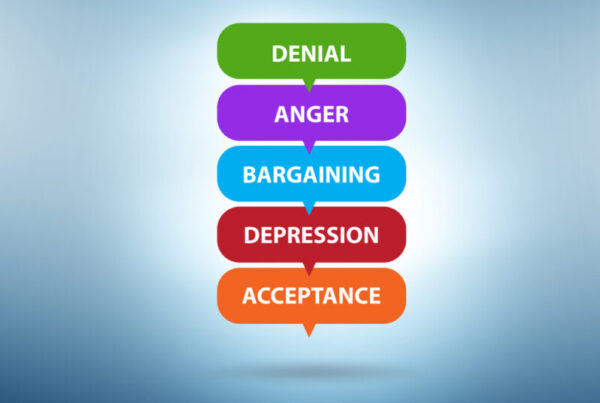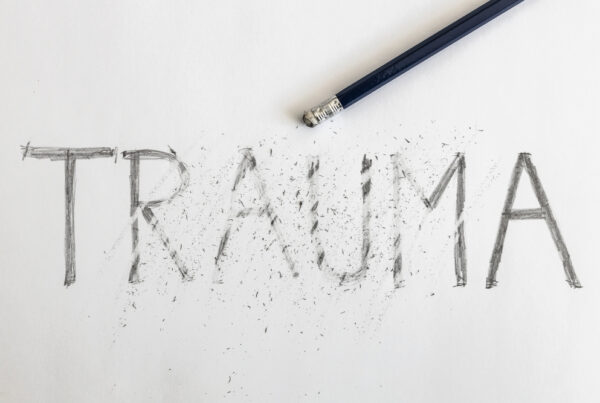Three Time-Tested Ways to Overcome Trauma and PTSD
As two conditions that are seemingly delicately intertwined and often very difficult to separate in our minds, trauma and PTSD (Post-Traumatic Stress Disorder) can easily cause sufferers to experience negative life outcomes such as social isolation, unemployment, and even suicide. Often linked to severe depression and anxiety disorders, with which they are comorbid, PTSD is also far more common than we might imagine; indeed, it is currently estimated that up to 8% of Americans alone currently experience post-traumatic stress in some form.
A Common but Terrible Disorder
So why does PTSD affect so many of us in so many incredibly profound ways? Part of the answer may lie in one of the brain’s natural reactions to the experience of trauma: As human beings, we crave stability and safety, and trauma is often a profound violation of these essential mental states. Millions of years of evolution have geared our minds towards survival, and any deeply-felt trauma can undermine the brain’s survival instinct. Fortunately, there are ways to overcome trauma and PTSD, and while the process of healing trauma may be slow, the increase in quality of life that individuals can experience via regular self-care and acceptance can be truly astonishing.
1. Coping With Negative Self-Talk
Perhaps the most difficult aspect of living with PTSD is the constant barrage of negative self-talk that accompanies the condition. Talk to anyone who has experienced a high level of trauma, and they will likely tell you that they are bombarded with intrusive thoughts on a constant or semi-constant basis each day. By taking time to regularly jot down negative thoughts and challenge their flawed logic, however, we can often combat PTSD where it affects us most. Usually, intrusive thoughts associated with PTSD are irrational, and if we can spot the gaps in the authority of those thoughts, we’ll be on our way towards reducing feelings of anxiety and desperation in no time.
2. The Power of Mindfulness
Sadly, it is often the case with PTSD that a seemingly-nonstop flow of negative thoughts will throw us off balance for indefinite periods of time. Mindful meditation is therefore a great practice to cultivate when battling against the negative thoughts and emotions that accompany PTSD; by breaking the flow of negative thoughts and feelings that we experience throughout the day or week, we’ll often see those thoughts and feelings for what they are: Untrue and irrational. PTSD is many things, but an honest counselor is not one of them. Just as we would question the validity of a politician who routinely breaks their promises to the public, we should give PTSD a curt dismissal when it deluges us with self-criticism and anxiety. The thoughts that accompany PTSD certainly do not merit our respect our approval.
3. Assertiveness
Sadly, society still has much catching up to do when it comes to acknowledging the difficulties that survivors of trauma and PTSD face on a regular basis. Regardless of what other people think, however, it is important that we assert ourselves regarding our own needs. There is nothing shameful about taking time to recuperate after a difficult day; nor is there anything wrong with saying “no” to the unreasonable demands of other people. As PTSD survivors, we often convince ourselves that our own needs come second to those of everyone around us; feelings of worthlessness convince us that our friends, family, and employers need to be taken care of before we take care of ourselves. As you might guess, that is simply not the case; our feelings and concerns are just as important and just as valid as anyone else’s. By practicing assertive communication, we can rebuild our sense of self-worth and confidence.
For these reasons, overcoming trauma and PTSD is not an easy path in life; change is never a simple process, but the rewards of engaging with practices such as mindful meditation and assertiveness are many. Trauma does not need to define us, and our negative thinking patterns do not need to control us. When we overcome these twin drains on our well-being, we can truly begin to move our lives towards freedom and happiness. And that is living done right!



